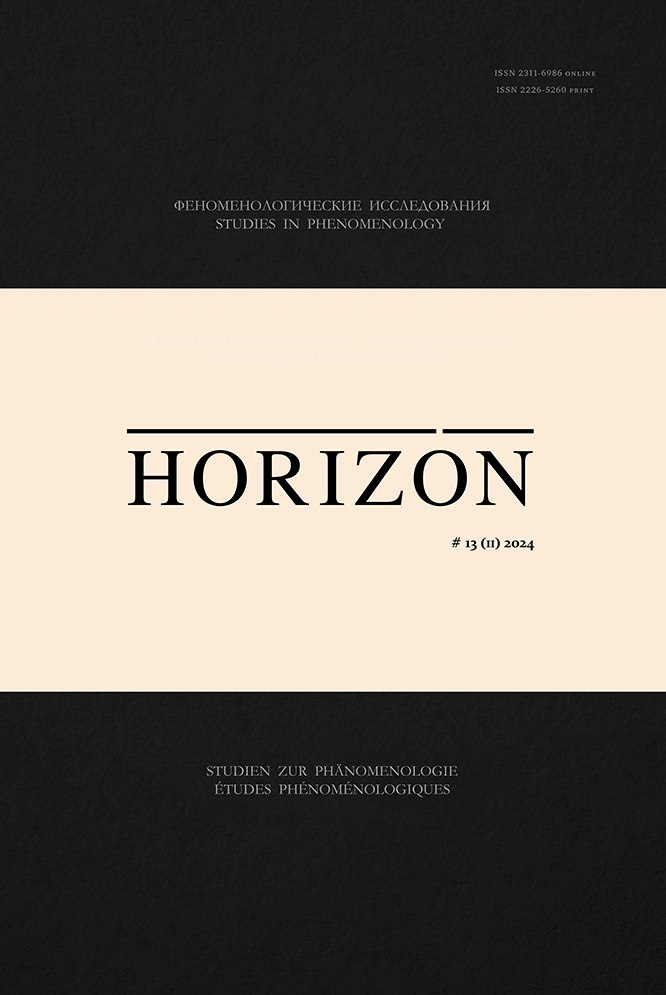Феноменологический анализ музыкального смысла
(на материале рок-музыки)
Phenomenological analysis of musical meaning on The material of rock music
Author(s): Elena KosilovaSubject(s): Philosophy, Music, Aesthetics, Phenomenology
Published by: Издательство Санкт-Петербургского государственного университета
Keywords: music; rock music; phenomenology of music; constitution of meaning; museme; key sites of melody; psychedelic rock; saturated phenomenon;
Summary/Abstract: The article deals with the phenomenological analysis of music perception on the material of rock songs. The structure of a song is simpler than the structure of a classical piece of music, but all the results are valid for any music with appropriate complication. “Listening device”—a computer program that translates sounds into musical notation — perceives individual sounds. But the musical consciousness understands the specific musical thought. It groups sounds into motifs and phrases. F. Tagg introduces the concept of“ museme”—a unit of musical meaning. Musemes have meaning only for the understanding consciousness. Musemes of different levels include motifs and phrases, metric signature, rhythm, and the structure of the whole work. In a melody there may be “key sites” in which the concentration of musical thought is maximized. They are constituted by musical consciousness and are largely subjective. The understanding of a musical work takes place in time, and this allows the consciousness to mark out a segment of time, to arrange the intelligible structure in it. A melody is a meaningful whole that has its own logic of unfolding. It encompasses a segment of time and transforms it into something stationary. Melody can be represented in the form of a scheme. The subject of music is the compression of time into such structures. An interesting example of musical perception is psychedelic rock. When listening to psychedelic music, the constitutive activity of consciousness is reduced and an altered state of consciousness occurs. The horizon of meaning narrows, the protention disappears. Here we should recall the notion of “saturated phenomenon” introduced by J.-L. Marion. The saturated phenomenon does not allow for constitution and assimilation. Psychedelic music modifies the horizons of future meanings. The article concludes with a question about computer music: will it make sense to us? So far there is no unequivocal answer to this question.
Journal: Horizon. Феноменологические исследования
- Issue Year: 13/2024
- Issue No: 2
- Page Range: 571-586
- Page Count: 16
- Language: Russian

